Plastic Waste Management in Business: Responsibility, Regulation, and Opportunity
In today’s sustainability-conscious world, plastic waste management (PWM) has evolved from a compliance checkbox to a core business strategy. For companies across industries, managing plastic responsibly is not just about protecting the environment—it’s about protecting brand reputation, reducing costs, and staying competitive in a market that increasingly values environmental ethics.
Plastic: A Business Convenience or a Long-Term Cost?
Plastics have long been favored by industries for their versatility, affordability, and durability. From packaging and logistics to product manufacturing, plastic is everywhere. But its improper disposal has turned this convenience into an environmental liability.
According to a World Bank report, businesses contribute significantly to the 300+ million tonnes of plastic waste generated annually. Single-use plastics and non-recyclable packaging from industries are among the biggest culprits.
Case in Point: Coca-Cola’s Global Pressure
In 2020, Coca-Cola was named the world’s top plastic polluter for the third consecutive year. Public backlash forced the company to pledge that by 2030, it will collect and recycle a bottle or can for every one it sells. This incident sent a clear message: businesses are being held accountable for their plastic footprint—and customers are watching.
Why Should Businesses Care About Plastic Waste Management?
- Regulatory Pressure
Governments around the world are enforcing strict plastic waste rules, including bans on single-use plastics, Extended Producer Responsibility (EPR) policies, and waste tracking systems. Non-compliance can lead to fines, penalties, and legal challenges. - Brand Reputation
Today’s consumers prefer brands that prioritize sustainability. Ignoring plastic waste can lead to negative press, while proactive PWM can become a powerful marketing advantage. - Operational Efficiency
Reducing plastic usage often leads to cost savings in packaging, logistics, and waste management. Recycled materials and eco-friendly alternatives are now more affordable and widely available. - Investor Interest
ESG (Environmental, Social, Governance) metrics are influencing investment decisions. Businesses with strong waste management practices are increasingly attracting sustainable investors and global funds.
How Businesses and Industries Can Lead in PWM
- Adopt Circular Packaging Solutions
Replace single-use plastics with recyclable, reusable, or compostable materials. Use minimalist designs that reduce plastic volume without compromising product integrity. - Implement EPR Systems
Take ownership of post-consumer plastic waste. Set up collection, segregation, and recycling systems either independently or via partnerships with waste management firms. - Use Recycled Plastic in Manufacturing
Promote a closed-loop economy by using recycled plastic in production. This reduces demand for virgin plastic and diverts waste from landfills. - Audit and Reduce Plastic Use Across Supply Chains
Conduct regular plastic footprint audits. Identify areas where plastic use can be reduced or substituted—especially in packaging, shipping, and inventory systems. - Collaborate with Startups and NGOs
Partner with innovative recycling startups or local NGOs focused on plastic collection and upcycling. These collaborations can amplify impact while fulfilling CSR goals. - Employee and Consumer Awareness
Train staff on waste reduction practices. Launch awareness campaigns for customers encouraging them to return used packaging or choose eco-friendly products.
Emerging Trends in Industry PWM
- Plastic Credit Systems: Similar to carbon credits, companies can offset their plastic usage by investing in certified plastic recovery projects.
- Smart Packaging: QR-coded recyclable packaging that educates consumers and tracks plastic lifecycle.
- AI in Waste Sorting: Businesses are adopting AI-driven segregation systems for better waste recovery and recycling.
Success Story: Unilever’s Commitment
Unilever, one of the world’s largest consumer goods companies, has committed to halving its use of virgin plastic by 2025. It’s also shifting towards refillable packaging and investing in plastic waste collection in developing countries. This proactive approach has enhanced its global image and created measurable environmental impact.
Conclusion: Waste is Not Just a Problem—It’s a Missed Opportunity
For businesses, plastic waste management is no longer optional. It’s a strategic move that fosters customer loyalty, ensures legal compliance, improves supply chain efficiency, and creates a positive environmental legacy.
Whether you’re a small business or a global corporation, embracing sustainable plastic practices today will position your brand as a leader of tomorrow’s green economy.


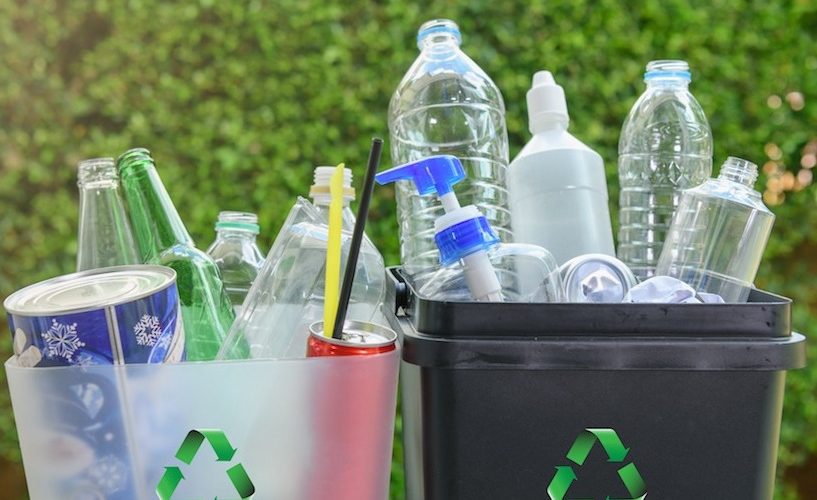
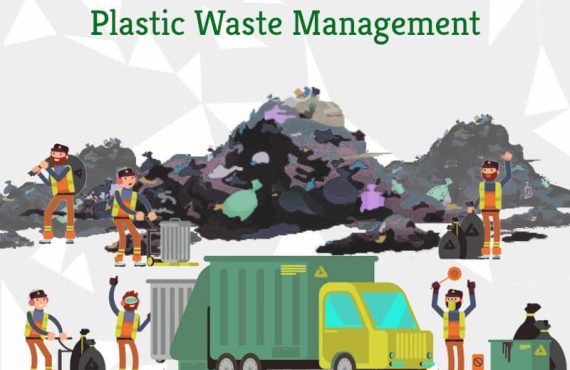
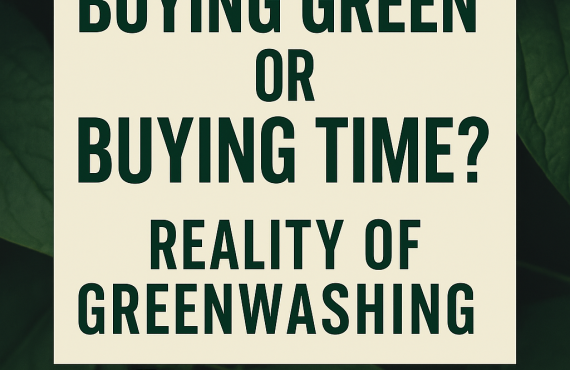

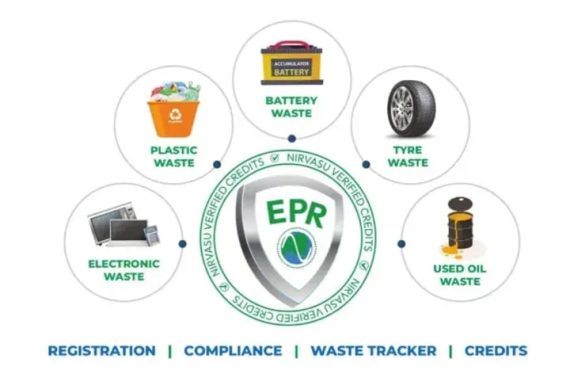
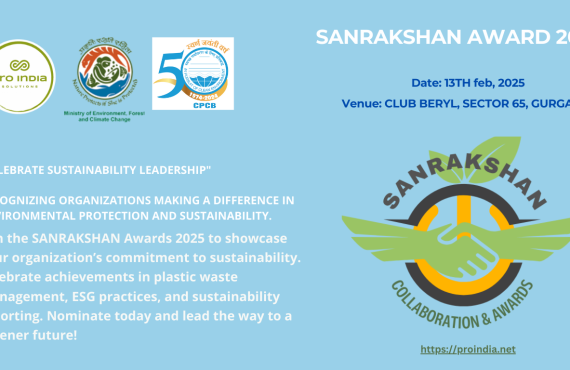
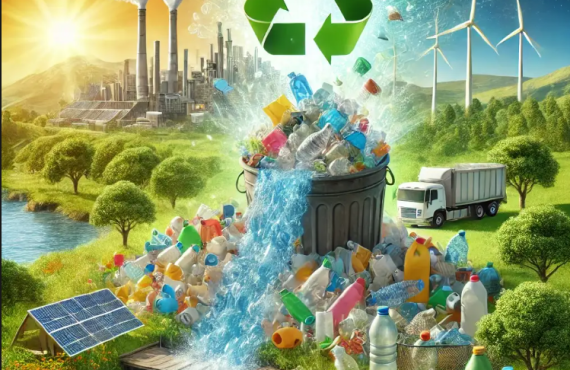
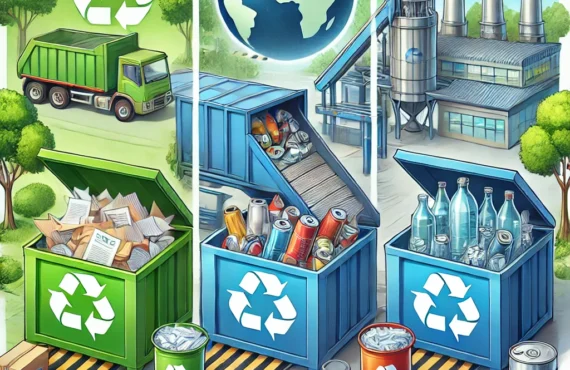
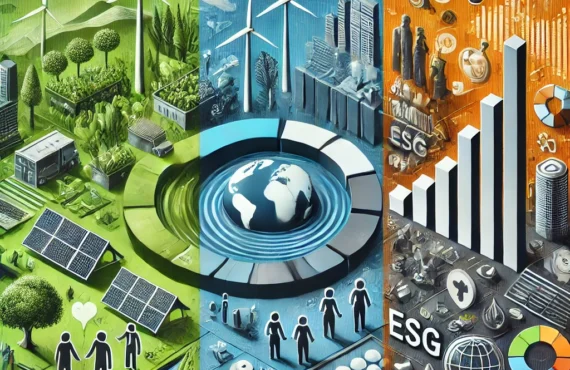
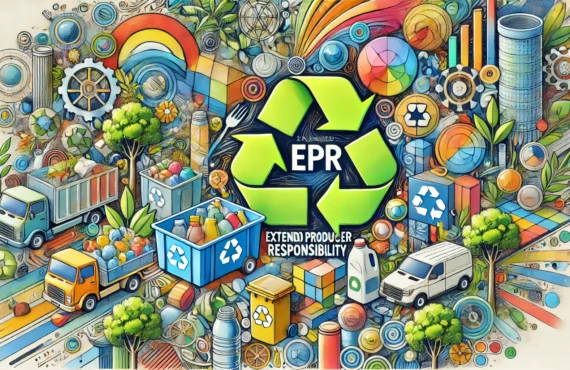

No comments yet.